Unveiling the Essence of Rakher Upobash: A Celebration of Devotion and Tradition
In the heartlands of Bengal, a sacred tradition transcends time, enveloping devotees in an aura of spirituality and reverence. Rakher Upobash, known by various names including Karthik Vrat, Rakher Upabas, Gonsair Upabas, and Ghrit Pradip Prajalan festival, stands as a testament to the devoutness and cultural richness of the region. This article delves into the intricate tapestry of rituals, beliefs, and celebrations that adorn this auspicious occasion.
Understanding the Origins
Legend intertwines with faith in the genesis of Rakher Upobash. It is believed that Baba Loknath, an eminent 18th-century Hindu saint and philosopher in Bengal, imparted the significance of observing fasts during the month of Kartik and illuminating lamps and incense in the Ashram premises. The purpose? To shield against the onslaught of deadly diseases. Since then, adherents of Sanatana Dharma have cherished this tradition, marking every Saturday and Tuesday of the last 15 days of Kartik with fervent prayers and rituals.
The Rituals Unfold
As the sun dips below the horizon, devotees converge in front of the revered Shri Shri Lokenath Brahmachari Ashram temple in Barodi, near Dhaka, Bangladesh. Bathed in the gentle glow of candlelight, locally known as Prodip, they immerse themselves in prayer, seeking divine blessings and solace. The atmosphere pulsates with devotion as chants reverberate through the air, creating an ethereal ambiance.
Traditional Foods Eaten during Rakher Upobash
Preparation Methods
The foods consumed during Rakher Upobash are meticulously prepared to adhere to the dietary restrictions observed during fasting. Simple and nutritious meals are made using ingredients like fruits, vegetables, grains, and dairy products. Cooking methods involve minimal oil and spices to maintain the purity of the dishes.
The symbolism of Each Food
- Fruits: Fruits like bananas, apples, and pomegranates are commonly consumed during Rakher Upobash. They symbolize abundance, prosperity, and purity.
- Root Vegetables: Root vegetables such as sweet potatoes and yams are rich in nutrients and provide sustenance during fasting. They represent grounding and nourishment for the body and mind.
- Grains: Grains like rice and flattened rice (poha) are prepared thoroughly without any additives. They symbolize sustenance, fertility, and prosperity.
- Dairy Products: Dairy products like milk, yogurt, and cottage cheese (paneer) are consumed in moderation. They provide essential nutrients and help maintain energy levels during fasting.
Immersion in Devotion
The essence of Rakher Upobash lies in its ability to foster a deep connection between the devotee and the divine. With unwavering faith, worshippers embark on a spiritual journey, fasting and praying earnestly for the benevolence of the gods. The traditional ritual of Kartik Brati epitomizes this devotion, as devotees offer their supplications with pure hearts and unwavering resolve.
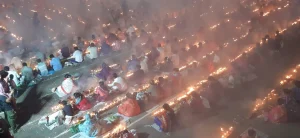
A Glimpse into Tradition
Barodi, nestled near the bustling city of Dhaka, transforms into a hub of religious fervor during the festivities. Thousands of Hindu devotees, hailing from far and wide, converge to partake in the sacred rituals. The air is thick with anticipation as devotees eagerly await the culmination of the ceremony, eager to receive the divine blessings bestowed upon them.
Role of Family Traditions
Family traditions play a vital role in the observance of Rakher Upobash. Passed down through generations, these customs and rituals impart values of faith, devotion, and cultural heritage to younger members of the family.
Recipes and Ingredients
Traditional recipes for Rakher Upobash emphasize simplicity, purity, and nutrition. They utilize locally sourced ingredients and seasonal produce to create wholesome meals that nourish the body and uplift the spirit.
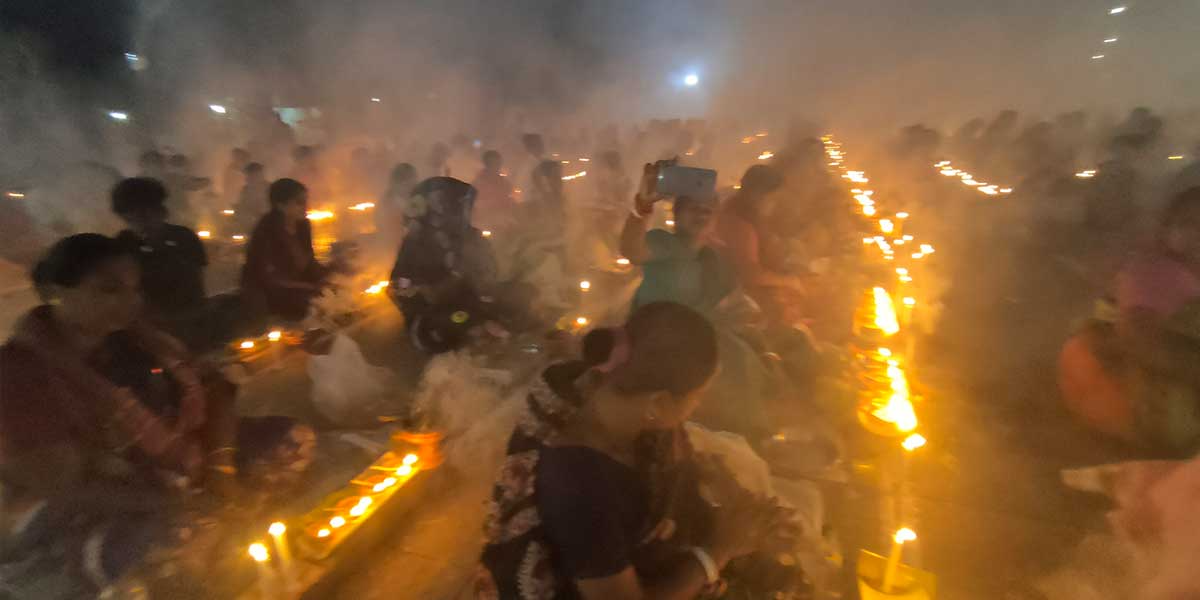
Tips for Observing Rakher Upobash
- Plan meals in advance to ensure compliance with fasting guidelines.
- Stay hydrated by drinking plenty of water and herbal teas.
- Engage in spiritual practices such as meditation and prayer.
- Seek guidance from elders and spiritual leaders for a meaningful observance.
A Tapestry of Culture and Faith
Rakher Upobash not only celebrates religious devotion but also serves as a testament to the rich cultural heritage of Bengal. It serves as a reminder of the enduring legacy passed down through generations, encapsulating the spirit of unity and community.
Embracing the Legacy
As the festival draws to a close, devotees depart with hearts brimming with gratitude and reverence. The flickering flames of the candles serve as a beacon of hope, guiding them through the journey of life. Rakher Upobash, with its timeless rituals and profound spirituality, leaves an indelible mark on the souls of all who partake in its glory.
External Links for Further Exploration
Concentrated prayers of devotees at Loknath Brahmachari Ashram and Temple
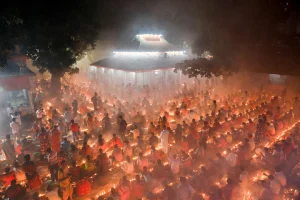
Conclusion
In the tapestry of life, festivals like Rakher Upobash serve as vibrant threads, weaving together the fabric of culture, tradition, and spirituality. As devotees gather year after year to pay homage to their faith, they reinforce the bonds that unite them and reaffirm their commitment to a legacy that transcends time.
FAQs about Rakher Upobash
- What is the significance of fasting during Rakher Upobash?
- Fasting symbolizes self-discipline, purification, and spiritual growth.
- Are there any specific foods to avoid during Rakher Upobash?
- Yes, certain foods such as meat, fish, and alcohol are avoided during fasting.
- Can children participate in Rakher Upobash?
- Children may participate under the guidance of their parents or guardians, with age-appropriate adjustments.
- How can one maintain energy levels during fasting?
- Consuming nutritious foods, staying hydrated, and getting adequate rest can help maintain energy levels.


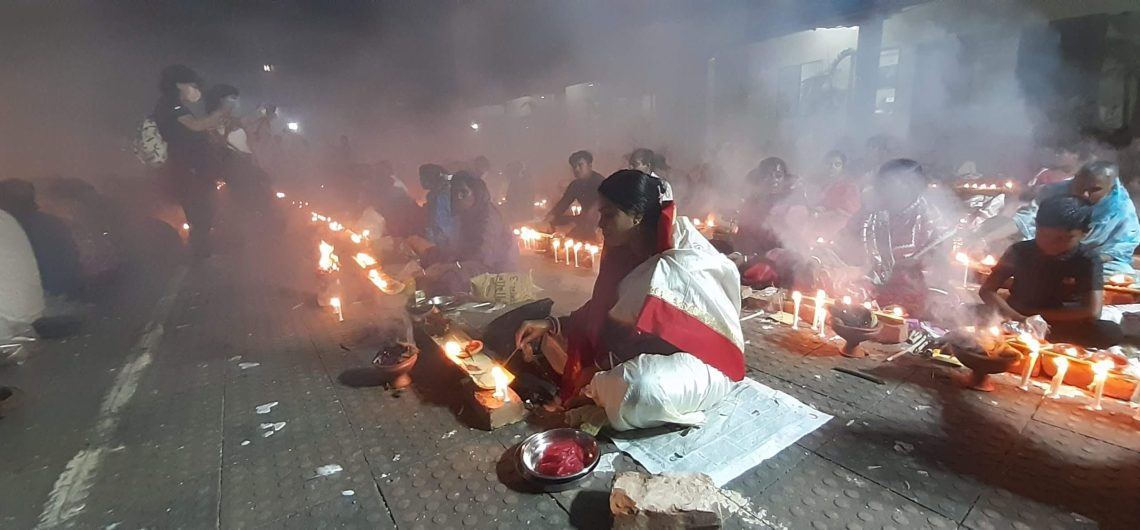
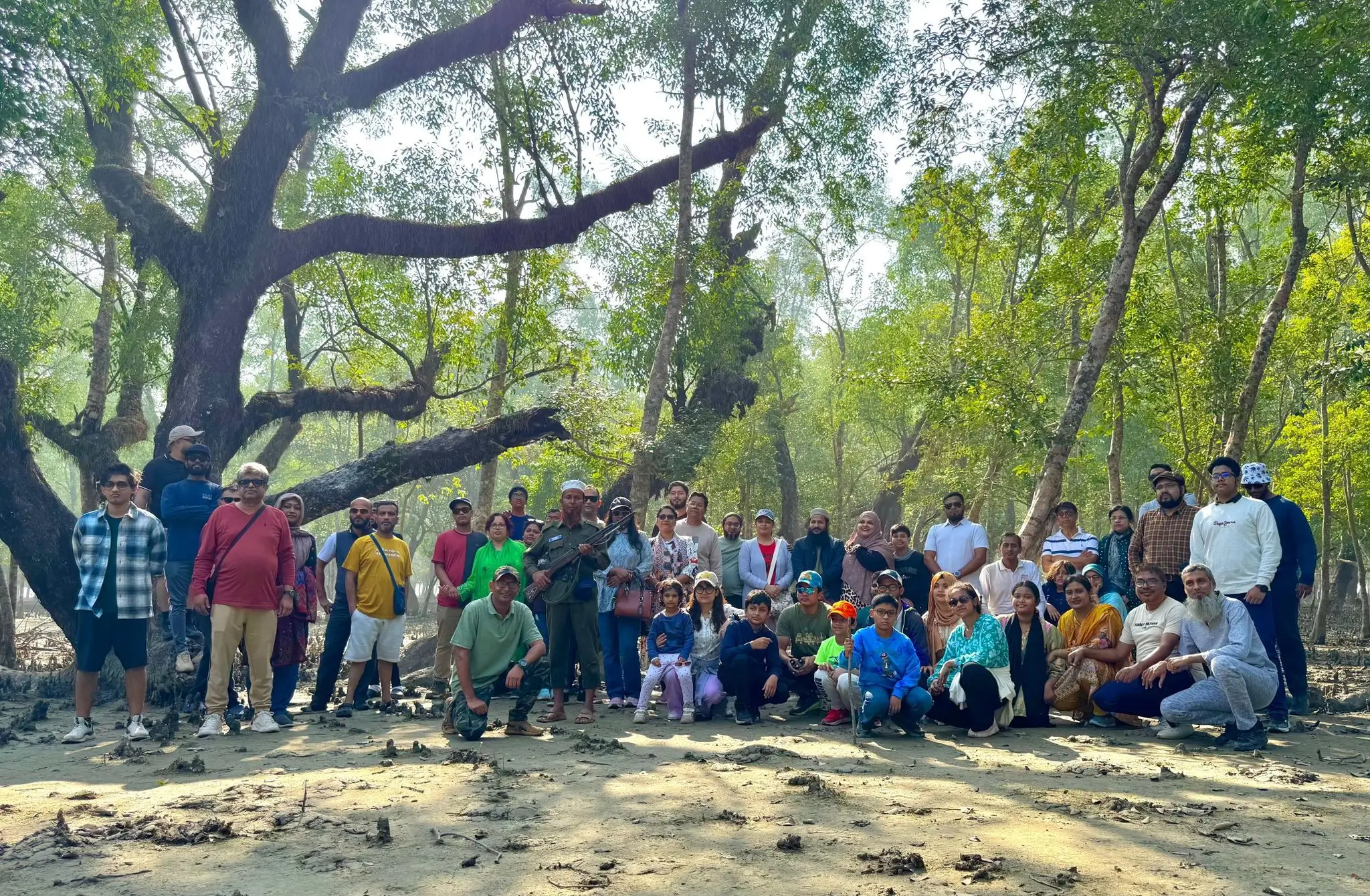

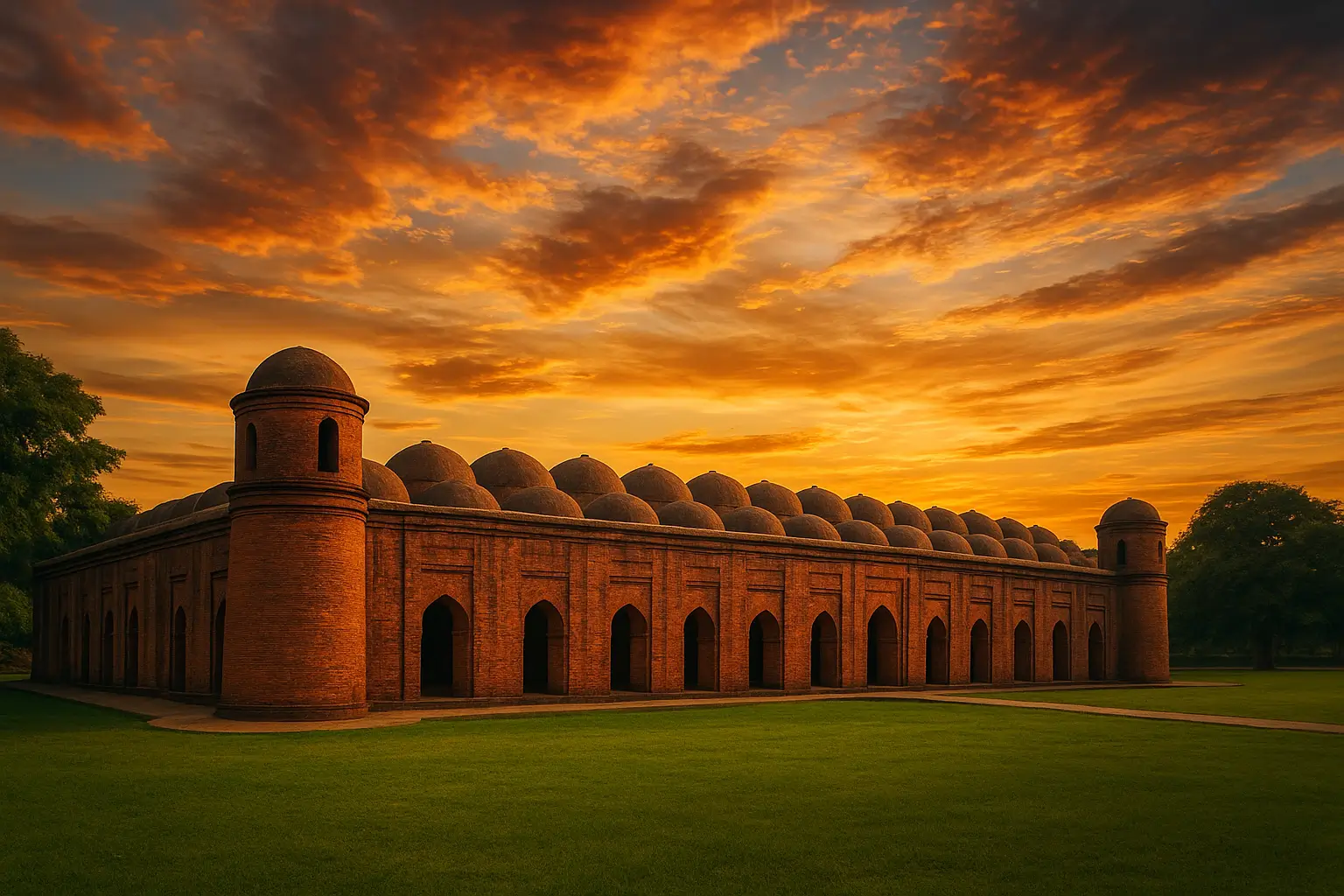
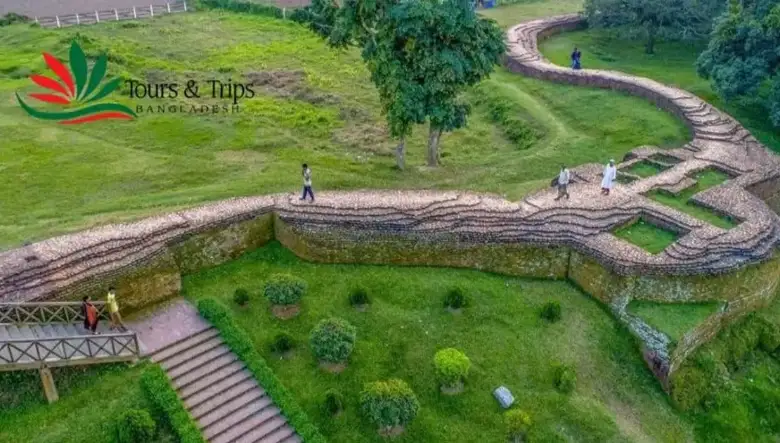




Comments